
The Government has just issued Resolution No. 05/2025/NQ-CP on piloting the implementation of the crypto-asset market in Vietnam, with a 5-year roadmap. This is considered one of the first steps to realize the goal of developing digital finance, creating a new capital mobilization channel for the economy ; in which, the real estate sector - which has a large capital demand and low liquidity - is expected to be one of the industries that benefit most clearly and soonest from this policy. However, along with the opportunities are significant challenges in terms of law, technology, risk management and property ownership. Experts believe that the crypto-asset market can only develop sustainably if there is close coordination between the legal framework, technological capacity, data infrastructure and proactive monitoring mechanisms.
High coding potential
According to Resolution 05, crypto assets in the pilot phase must be linked to underlying assets that are real assets - not including securities or fiat money. The subjects offered for sale are limited to foreign investors and trading activities will take place on platforms provided by domestic organizations, under the licensing and management of the Ministry of Finance . Among the industries that can apply crypto assets, real estate is considered a leading field due to the characteristics of assets with large value, difficult to divide and limited liquidity.
Dr. Pham Nguyen Anh Huy - Senior Lecturer in Finance, RMIT University Vietnam commented that Resolution 05 allows for a pilot of a new mechanism, whereby real estate products can be represented and traded in the form of crypto assets. One of the biggest impacts of crypto assets is the ability to fragment ownership, allowing real estate to be divided into many token units to be sold to many different investors. This mechanism both helps increase liquidity for the market and expands access to individual investors and international capital flows.
“Instead of just being able to issue bonds or borrow from banks, real estate businesses can use tokens to raise capital for each specific project, along with benefits such as profit sharing, rental revenue or repurchase rights,” Mr. Huy analyzed.
Token issuers are required to publish a prospectus, retain data for at least 10 years, and comply with anti-money laundering and anti-terrorist financing regulations. These conditions are expected to improve governance standards, information transparency, and reduce risks for investors.
Sharing the same view, Dr. Nguyen Dinh Cung - former Director of the Central Institute for Economic Management - said that crypto assets are an important step in the digital transformation of the economy, especially for the real estate market which has a lot of potential but lacks a modern capital mobilization mechanism. However, it is necessary to pilot carefully and adjust policies flexibly to handle arising risks.
Therefore, Mr. Cung emphasized that the role of the State is very important in the pilot phase, not only in the legal aspect but also in inspection and supervision. According to him, it is necessary to consider establishing a specialized committee to supervise crypto assets, with the participation of the Ministry of Finance, the State Bank, the Ministry of Justice and representatives of international organizations.
However, the success of the crypto asset market depends not only on the legal mechanism, but also requires a solid technological foundation. According to Mr. Le Xuan Sang - CEO of Fintech Company, real estate tokenization can only be effective if the technology is strong enough - from blockchain platform, custody, data encryption to user interface. Investors only feel secure when there is a system to ensure rights and control risks.
This expert also noted that choosing the type of blockchain (public, private or hybrid) is a decisive factor in the cost, speed and scalability of the system. At the same time, businesses need to build technical backup scenarios to ensure safety in case the system is attacked or has operational errors.
Legal standardization and property ownership
While the opportunities are clear, experts are cautious about the legal risks – especially the connection between tokens and real property rights. According to Dr. Pham Nguyen Anh Huy, if tokens are not closely linked to real property rights, disputes are likely to arise when businesses go bankrupt or assets are disposed of.
From a legal perspective, lawyer Nguyen Thuy Hang - an expert in the field of fintech, said that if the law does not recognize tokens as a type of proof of ownership or there is no mechanism to convert to traditional ownership, investors may lose everything in case of a dispute.
At the same time, the lawyer also proposed to soon consider amending the Land Law, the Real Estate Business Law and the Information Technology Law. At the same time, build a legal conversion mechanism in the pilot phase, allowing tokens to be converted into red books or certificates when meeting legal and technical conditions.
Experts cite international experience that shows that the implementation of real estate tokenization is only successful when it is tightly integrated with the legal system and public databases. For example, RealT Company (USA), where assets are encrypted and traded online, allows global real estate trading from only 50 USD, with a processing time of less than 30 minutes.
However, the most important factor is the connection between the token and the land registration system, ensuring that there are no “two owners”. In addition, countries such as Singapore and the US require standardized financial reporting, independent valuation and token issuance processes.
In Vietnam, experts say it is necessary to build a specialized asset custody ecosystem, a supervised trading floor, risk insurance regulations and a compensation fund to protect investors. Prioritizing projects with clear cash flow in the early stages - such as rental real estate - will help the market operate more safely before expanding.
The birth of Resolution 05 not only opens a new door for the Vietnamese real estate market but also tests the ability to manage, apply technology and perfect the legal framework. Although crypto assets bring great opportunities, the implementation needs to be extremely cautious, controlled and prioritize investor protection.
Therefore, in the pilot phase, experts recommend prioritizing projects with a clear legal basis, transparent cash flow, applying high safety standards and not promoting widely to retail investors. This is a necessary step to prepare a solid foundation for the future of the crypto asset market in general and digital real estate in particular in Vietnam.
Source: https://baotintuc.vn/bat-dong-san/bat-dong-san-va-co-hoi-tu-tai-san-ma-hoa-20250927132953434.htm


![[Photo] Joy on the new Phong Chau bridge](https://vphoto.vietnam.vn/thumb/1200x675/vietnam/resource/IMAGE/2025/9/28/b00322b29c8043fbb8b6844fdd6c78ea)

![[Photo] The 4th meeting of the Inter-Parliamentary Cooperation Committee between the National Assembly of Vietnam and the State Duma of Russia](https://vphoto.vietnam.vn/thumb/1200x675/vietnam/resource/IMAGE/2025/9/28/9f9e84a38675449aa9c08b391e153183)
![[Photo] High-ranking delegation of the Russian State Duma visits President Ho Chi Minh's Mausoleum](https://vphoto.vietnam.vn/thumb/1200x675/vietnam/resource/IMAGE/2025/9/28/c6dfd505d79b460a93752e48882e8f7e)














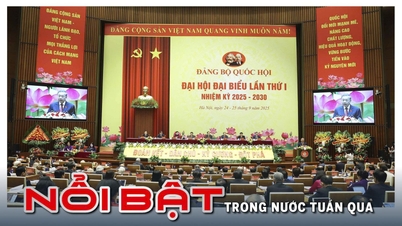
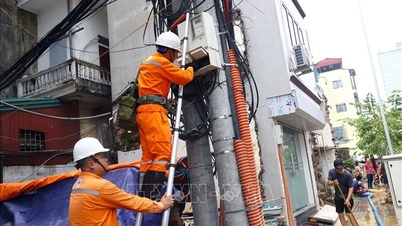
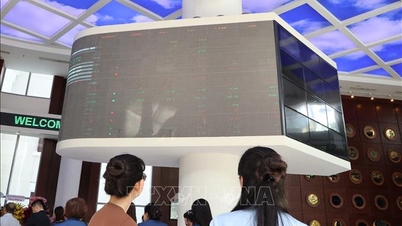






































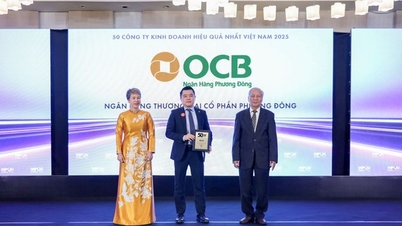


































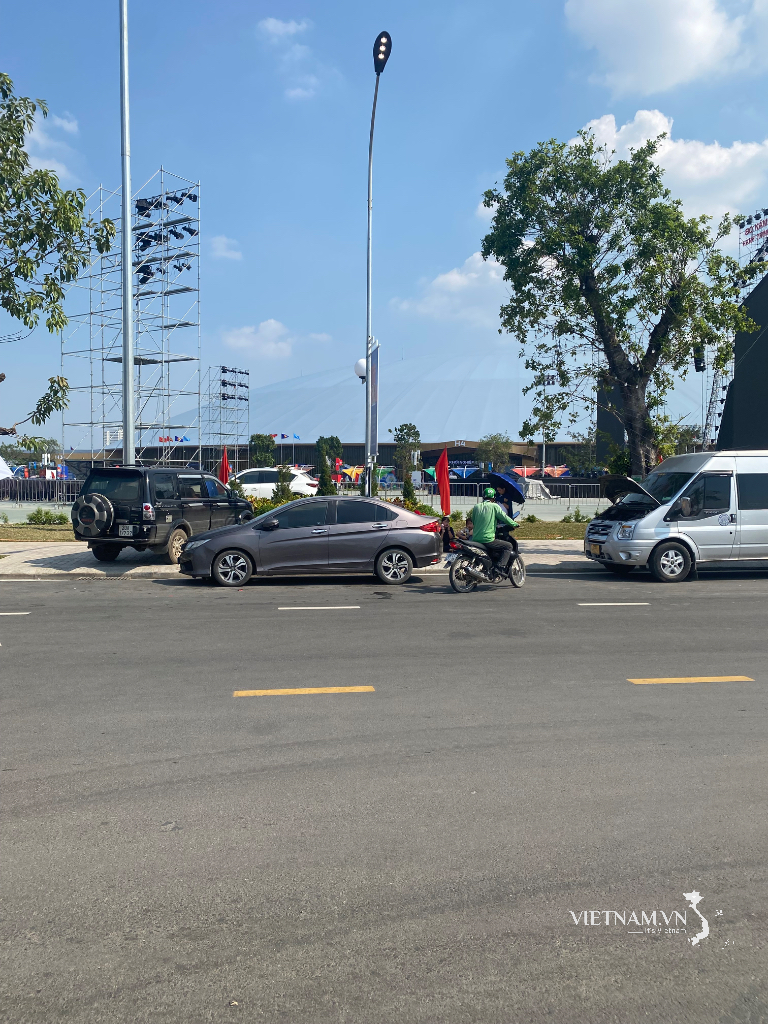


Comment (0)